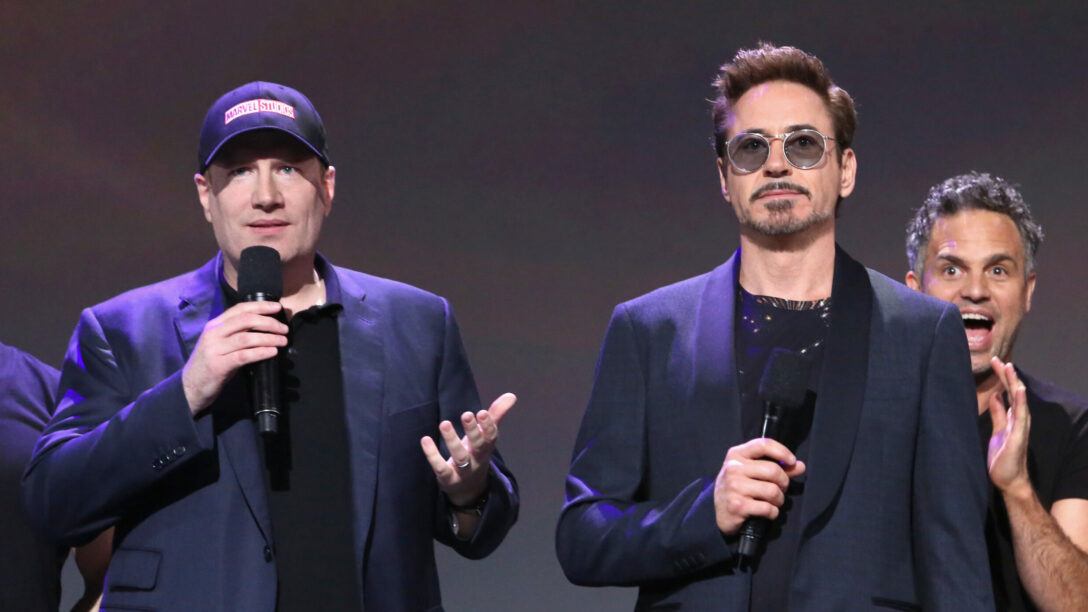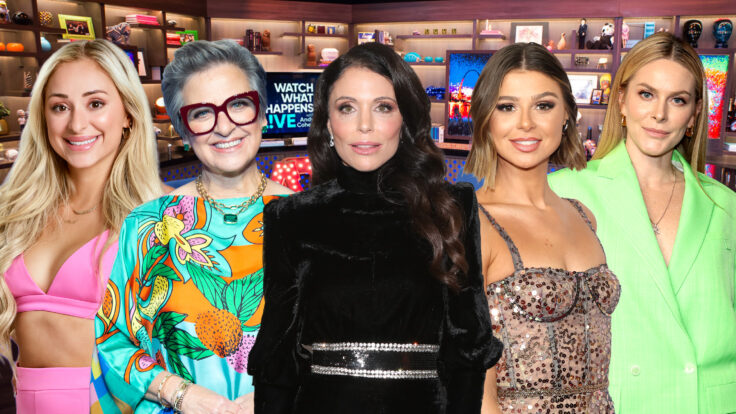It’s hard not to see Spider-Man: No Way Home as one of the biggest flexes in the history of the movie business. Think about what happened here. A major studio, Sony Pictures, had so badly managed its most valuable piece of I.P. that in 2015, chairman Tom Rothman agreed to do the unthinkable: Share the character, let another studio produce its Spider-Man movies, and allow Spidey to appear in that studio’s own movies for free. And not just any studio, it was Disney’s Marvel unit, which had embarrassed Sony and the rest of Hollywood with an unprecedented run of hyper-profitable and flywheel-friendly blockbusters based on “lesser” comic book characters like Thor and Ant-Man. The indignity.
Then, once the first two movies, Homecoming (2017) and Far from Home (2019), reinvigorated the franchise, Disney tightened the vice on Rothman’s nuts, eventually forcing Sony to give up 25 percent of the profits to keep Marvel involved on a third movie, No Way Home (Dec. 17). That film, which incorporates Disney’s characters, like Doctor Strange, and opens the door to the “multiverse” with past Spideys, could become the first billion-dollar grosser of the pandemic era. Nothing has opened to $100 million domestic since Star Wars: The Rise of Skywalker in Dec. 2019, and No Way Home is tracking to hit $150 million (though Sony is lowballing in the media). According to multiple sources, there’s a deal for a fourth Marvel-produced movie that will star Tom Holland, and it’s already quietly in development.

















